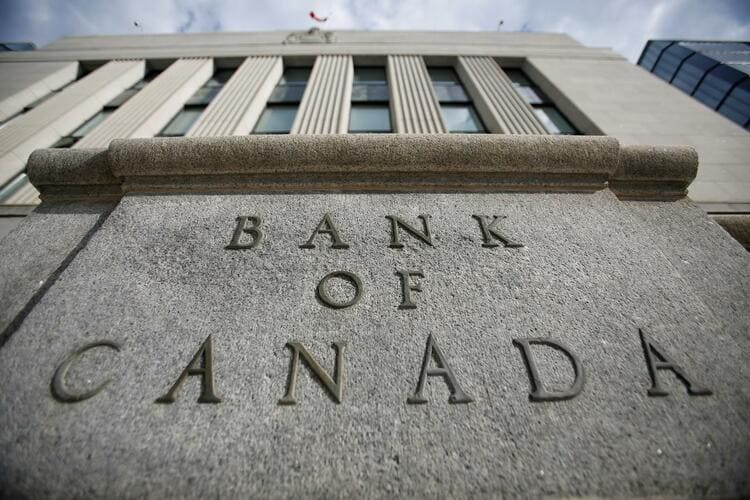No Time To Waste: Canada Seriously Considering The Future Of Crypto As The Main Currency

A new job listing of the Bank of Canada does not usually make it to the news outlets — so what is different about this one? Well, it is probably the fact that it is a tiny step closer to the worldwide recognition of cryptocurrency and the benefits that it could potentially bring to the national economies.
Among many countries that are beginning to realize the value and the potential of digital currency, Canada is among those that are taking some real steps towards understanding how it should be approached, if the prognosis of crypto becoming the money of the future turns out true.
Timothy Lane, Deputy Governor of the Central Bank of Canada, has repeatedly reinstated the importance of the policymakers to start considering the possible scenarios of the crypto boom. As of now, two main possibilities for the future have been determined. The first one, although a bit post-apocalyptic in its nature, is not completely impossible — with no physical currencies to access, people might resort to cryptos.
Similarly, the second scenario revolves around digital currencies becoming more popular among the general public, and, in that, outshining the traditional fiat currencies. In both cases, the Canadian Central Bank will have to step in as a trustworthy institution that will provide relevant regulation where necessary — hence the talks about the creation of the CBDC.
Will cryptocurrency march victoriously across the world?
With the outbreak of COVID-19 and the digitalization of virtually every aspect of our everyday lives, it seems that the digital currency is finally on the rise. More and more policymakers across the world are beginning to understand the potential advantages that it has to offer for the development of national economies — or the recovery of them since most of them are in quite a fragile state right now.
What we mean by the policymaker’s recognition of crypto is their attempts to impose some regulatory mechanisms upon it, thus, making it safer and more attractive for the members of the financial sectors and the general population alike. A good example of this is Kenya, which added cryptocurrency platforms to the list of service providers that are subjected to the newly introduced tax. Other countries, such as Australia, attempt to incorporate blockchain technology into the provision of government services, and even dedicate a significant chunk of their economic relief packages towards doing that.
As of right now, it is hard to determine what the future of digital currency has in store for us. It could easily disappear just as fast as it came about, or it could be here to stay for long. What is clear is that the world’s governments can no longer treat it with disbelief.